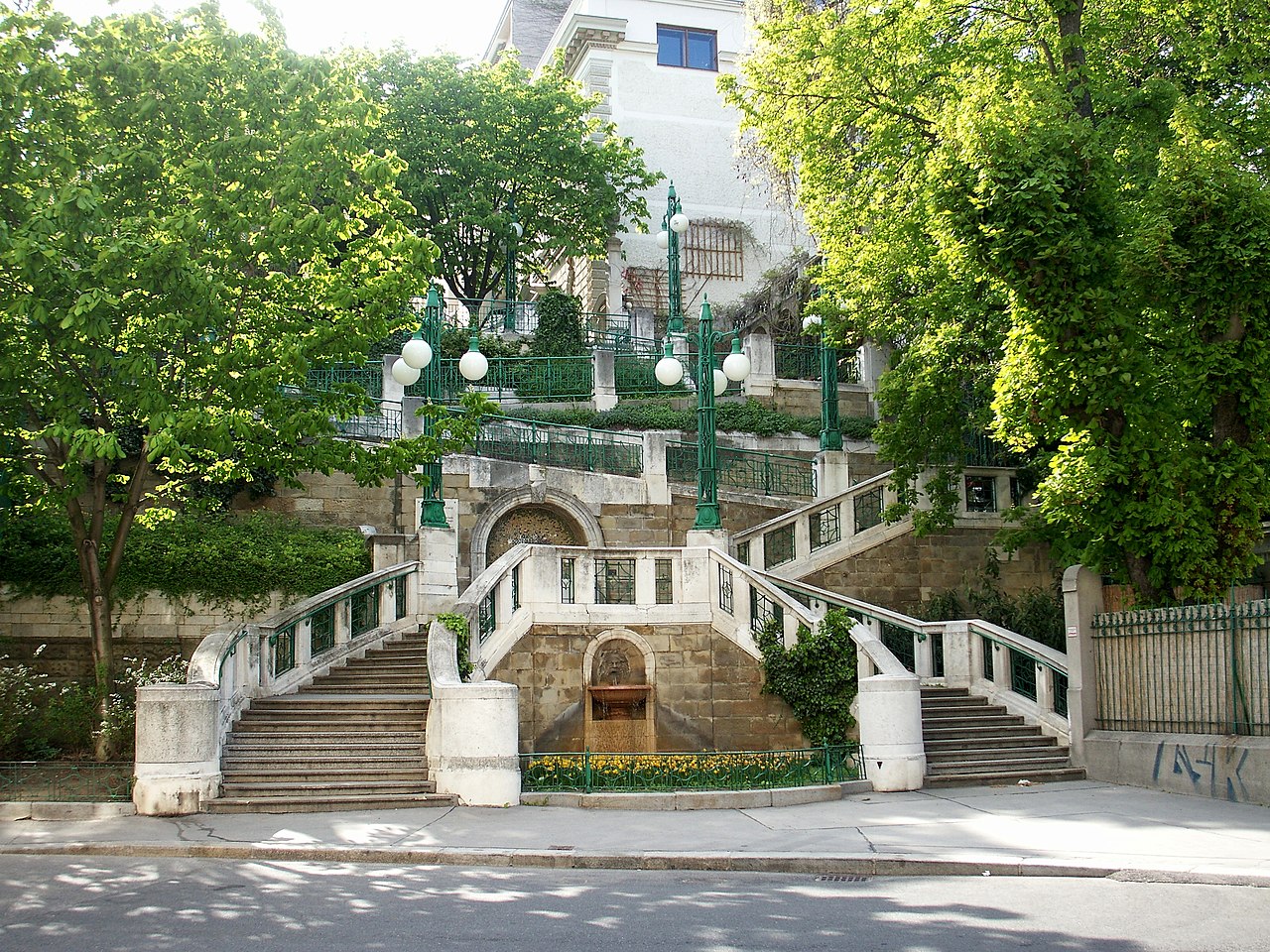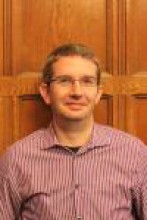HUMS 367, Heimito von Doderer’s The Strudlhof Steps

Course Description:
Unclassifiable in its combination of romanticism, realism, and modernism, The Strudlhof Steps or, Melzer and the Depth of the Years might be the ultimate “cult classic” or Geheimtipp (“secret tip”) of German literature. The novel, published to initial acclaim, remained much less well known outside of Austria - while remaining an object of passionate enthusiasm for many generations of readers, critics, scholars, and especially other literary writers. For example, Daniel Kehlmann has declared Doderer’s novel “the best German language novel of the 20th century,” and Eva Menasse has committed herself to making Doderer known to a wider reading public. According to Menasse, Doderer was in many ways an unsympathetic figure for his contemporaries, but “he was a god in literature” (ein Gott in der Literatur). In recognition of the new English translation and the possibilities of re-evaluation that it represents, this course will undertake a slow reading of Doderer’s 900-page bestseller, with attention to many relevant contexts, including: the theory and history of the novel, modernism in art and architecture, the complex genesis of The Strudlhof Steps, selections of Doderer’s other writings, the historical context (especially the interwar period, the rise of fascism, and the post-War nostalgia for the Habsburg Empire). Vincent Kling, the translator of the new English edition, has been invited to participate in certain sessions. No prior knowledge of German language and literature is required. The course is recommended to avid readers of fiction, especially long and immersive novels.
Led by:
|
|
Professor Kirk WettersKirk’s current research continues to pursue the intertwined genealogies of literary and critical theory in connection to questions of method in the humanities and social sciences. Under the thematic heading of “illegitimacy,” recent research and teaching have focused on Johann Wolfgang von Goethe, Herman Melville, J. J. Bachofen, Max Weber, Georg Lukács, Arnold Schoenberg, Paul Kammerer, Karl Löwith, Heimito von Doderer, Theodor W. Adorno, Hans Blumenberg, Nicolaus Sombart, Giorgio Agamben. A second ongoing project focuses on travel writing, historical fiction and biography; authors include Georg Forster, Goethe, Adalbert Stifter, Stefan Zweig, Hermann Broch, and Christoph Ransmayr. |
